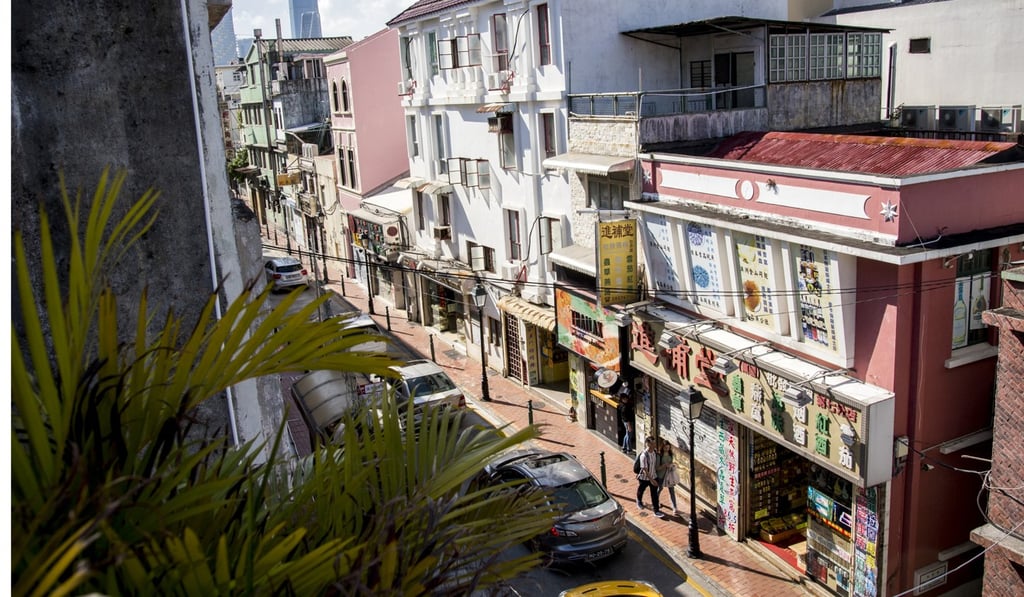Corner of Macau rich in Portuguese colonial history undergoes revival as new restaurants, art spaces open
- Narrow streets of Taipa Village, a historical enclave of Portuguese colonial architecture, celebrate the spirit of old Macau
- Area has seen a new generation of cafes, restaurants and cultural spaces open that have infused the old settlement with fresh energy

Macau’s casino companies have spent billions of dollars on recreating European streetscapes in complexes like The Venetian and The Parisian. But the real thing is just a short walk away.
Restaurateur Gagan Sethi discovered this when he was working to open a food court restaurant in one of the casinos. As he wandered the narrow streets of Taipa Village, a historic enclave of Portuguese colonial architecture just beyond the looming resorts of the Cotai Strip, he thought it would be the perfect spot for a cocktail bar – something that is still rare in Macau outside its handful of five-star hotels.
“This is one of the only places in Macau where you get a true feeling of being in a Portuguese environment,” he says.
It inspired Sethi to think back to his own roots in India. Like Macau, the coastal province of Goa was a Portuguese colony for several centuries, and Sethi thought that Goan cuisine paired with inventive concoctions from mixologist Chetan Gagan would feel perfectly at home in Taipa.

The result is Goa Nights, which has a cocktail bar on the ground floor of a three-storey shophouse and a top-floor dining area that overlooks the village.
“Most of our customers are locals and expats living in Macau, but we have more tourists who are looking to get out of their hotels,” he says. “The cultural side of tourism is growing.”
